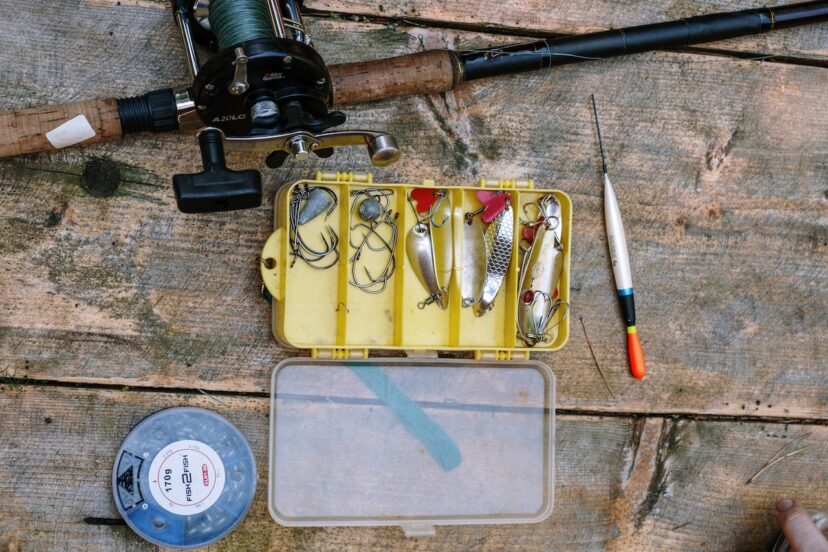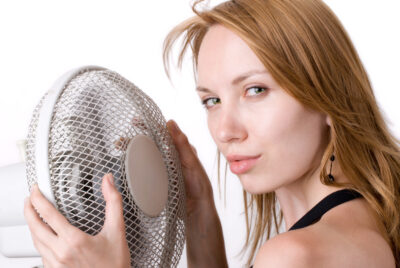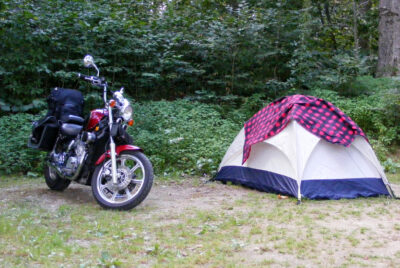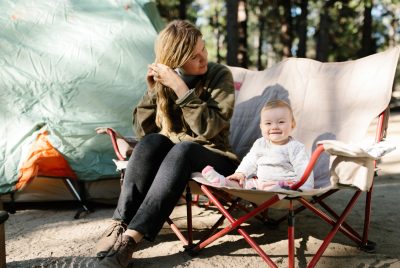Fishing Gear for Camping
Fishing, for many, is not just a leisure activity, it’s an integral part of the camping experience. Picture this—you’re camped by a serene, fish-filled lake, the sun is setting, and you’re about to catch your own dinner. Sounds heavenly, doesn’t it? However, choosing the right fishing gear for camping can be challenging. This guide will simplify that process for you.
Importance of Proper Fishing Gear
Enhancing Camping Experience
A successful fishing trip largely depends on the equipment you use. The right fishing gear can enhance your camping experience by turning potentially frustrating situations into smooth and enjoyable ones. How about feeling the thrill of catching your first fish or the satisfaction of having a self-caught dinner?
Safety Considerations
On top of that, having the right fishing gear is also a matter of safety. Trust me, you wouldn’t want a fishing line snapping back or a hook pricking your hand in the middle of nowhere!
Types of Fishing Gear
Fishing Rods
Choosing a Fishing Rod
Selecting the right fishing rod largely depends on the type of fishing you plan to do. If you’re a beginner, a medium-action spinning rod can be your go-to. They’re versatile, easy to use, and perfect for catching smaller fish, making them an ideal companion for your camping trip.
Fishing Lines
Selecting the Right Fishing Line
Choosing the right fishing line is crucial. A monofilament line is typically a good choice for beginners due to its versatility and lower visibility underwater. However, if you’re targeting larger fish, you might want to opt for a braided line for its higher strength and durability.
Fishing Baits and Lures
Picking the Suitable Baits and Lures
Baits and lures are essential to attracting fish. The type of bait or lure you choose should be based on the species of fish you’re targeting. Live baits like worms or minnows can work wonders, while artificial lures mimic the look and movement of the fish’s natural prey.
Accessories Needed for Fishing
Tackle Box Essentials
What to Include in Your Tackle Box
Your tackle box should include a variety of hooks, baits, extra fishing line, a line cutter, and a first-aid kit. Remember, it’s better to be over-prepared when you’re in the great outdoors.
Proper Maintenance of Fishing Gear
Taking care of your gear can make it last longer and perform better. Always clean your gear after use, particularly the reel and rod. Store your gear in a dry place to prevent rust and damage.
Conclusion
Choosing the right fishing gear for camping doesn’t have to be daunting. With a little bit of preparation and knowledge, you can ensure a great fishing and camping experience. Remember, the goal isn’t just to catch a fish—it’s to enjoy the process!
FAQs
What is the best fishing gear for beginners?
The best fishing gear for beginners includes a medium-action spinning rod, monofilament fishing line, a variety of hooks and baits, and a well-stocked tackle box.
How do I maintain my fishing gear?
You should clean your gear after each use, ensuring all components are free of dirt and grime. Dry everything thoroughly before storing it to prevent rust.
What should I include in my tackle box?
Your tackle box should include a variety of hooks, baits, extra fishing line, a line cutter, and a first-aid kit.
How do I choose the right fishing line?
Choosing the right fishing line depends on the type of fishing you’re doing. For beginners, a monofilament line is generally recommended.
What types of baits and lures should I use?
The types of baits and lures you use depend on the species of fish you’re targeting. Live baits like worms and minnows can be effective, as can artificial lures that mimic the fish’s natural prey.




